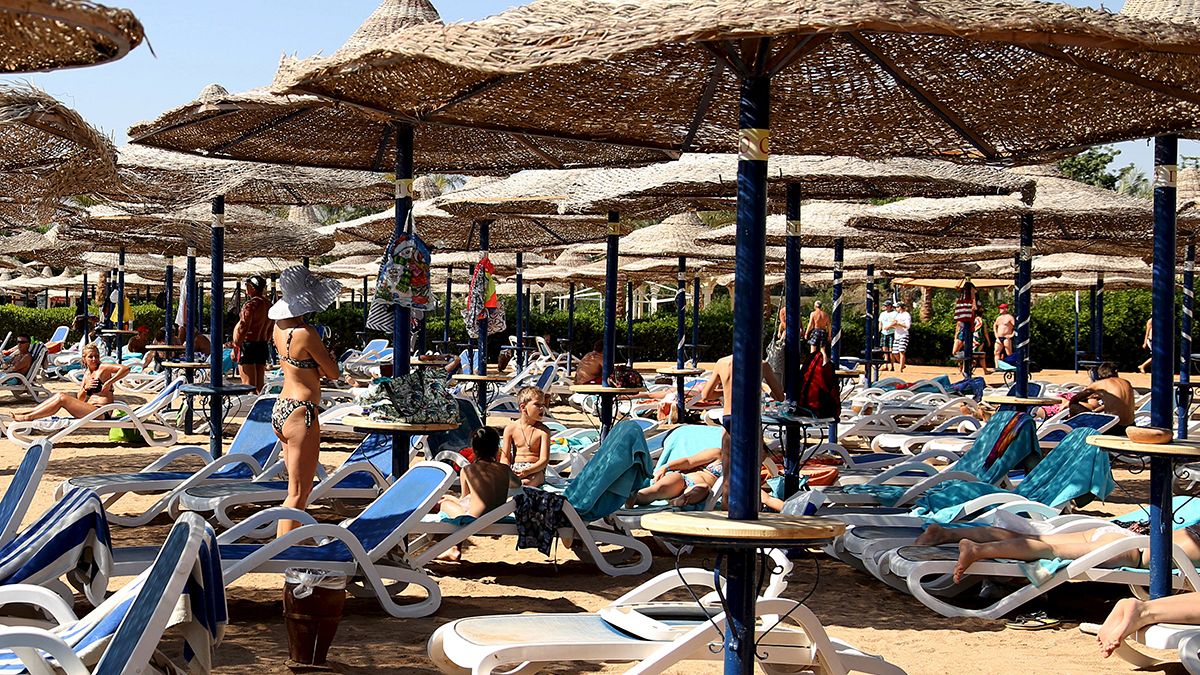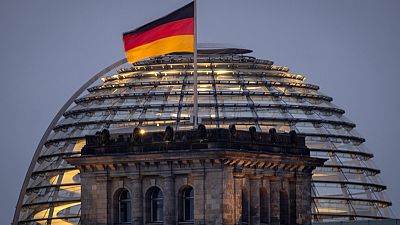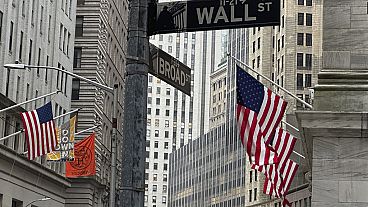Egypt’s President has said the “lights will not be going out in Sharm el-Sheikh”, as he visited the Red Sea resort hit by the suspension of foreign
Egypt’s President has said the “lights will not be going out in Sharm el-Sheikh”, as he visited the Red Sea resort hit by the suspension of foreign flights in the aftermath of the Russian plane crash that international investigators suspect was caused by a bomb.
Abdel Fattah al-Sisi said his visit was a message of support for investors and businesses. The country’s tourism minister estimates that the decisions by Russia and Britain to suspend flights will cost the country around 260 million euros a month.
The UK has officially advised against all but essential air travel to or from Sharm el-Sheikh Moscow has said its suspension of flights to Egypt could last for months in the wake of the crash.stopped all flights to Egypt in the wake of the crash.
Only took him a week or so… RT”
hany2m</a>: <a href="https://twitter.com/hashtag/Egypt?src=hash">#Egypt</a>'s Sisi arrives in Sharm El Sheikh unexpectedly - <a href="https://t.co/T5sw6nwNmT">https://t.co/T5sw6nwNmT</a>"</p>— HA Hellyer د. إتش (hahellyer) 11 Novembre 2015
Euronews has seen at first hand the impact so far on the resort’s businesses. One taxi driver said that he and his colleagues were all feeling the pinch.
“Our situation now is very hard, my colleague was complaining to me today that he’d earned only 25 Egyptian pounds (three euros), so how are we going to eat? How can we afford everyday household things?” he said.
Situated at the foot of the Sinai Peninsula, Sharm el-Sheikh is crucial to Egypt’s tourism and economy. The travel and tourism industry overall is worth nearly 13 percent of the country’s GDP, and 12 percent of all jobs.
Russians account for a third of all tourists visiting Egypt – three million of them come each year, compared to one million Britons – but suddenly they are absent from many stores in Sharm el-Sheikh.
“When the Russians start leaving, our situation becomes very bad, this affects us a lot, compared to the British – there are fewer of them at this time of the year. Since the plane crash most Russians have left Sharm, our trade is dead,” said one grocery store owner.
Sharm el-Sheikh’s 180 hotels have seen occupancy rates drop since the crash. The head of the region’s chamber of tourist facilities has been quoted as saying that 80 percent of reservations have been cancelled and at least 40 percent of tourists have left the resort.
Now there are fears that Russians who had already booked New Year holidays to the resort may move their trips elsewhere, to Turkey for example.
Amid a largely empty reception and bar area, one hotel manager told euronews:
“This blow came suddenly, we were getting ready and making preparations for a good new season this month, we were expecting large numbers of tourists to come especially from Russia, the numbers were starting to get better. That was until the plane crash at the end of October, then the booking rate started going down in our hotel.”
One Egyptian specialist told CNBC that the impact of the plane crash on tourism had been compounded by the suspension of flights and accusations of lax airport security.
Egypt’s tourism had been recovering gradually amid the turmoil since the Arab Spring. Last year nearly 10 million tourists visited, far less than the 14.7 million in 2010. There had been hopes for modest growth this year but the Sinai plane crash, coming at the start of the peak winter holiday season, is likely to reverse that.
Egypt has bounced back from attacks and security scares in the past. Now – aided by social media campaigns such as #COME_To_Egypt – the country needs to work hard to do so again.
Working with Egypt on a permanent solutions so British tourists can come back ASAP. pic.twitter.com/MQaGuj5UmS
— UK in Egypt (@UKinEgypt) 10 Novembre 2015



